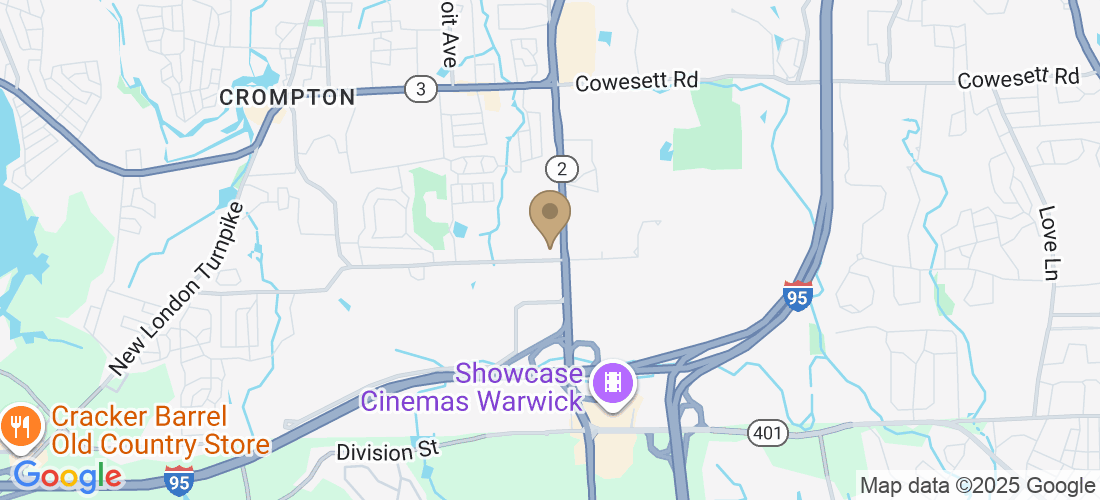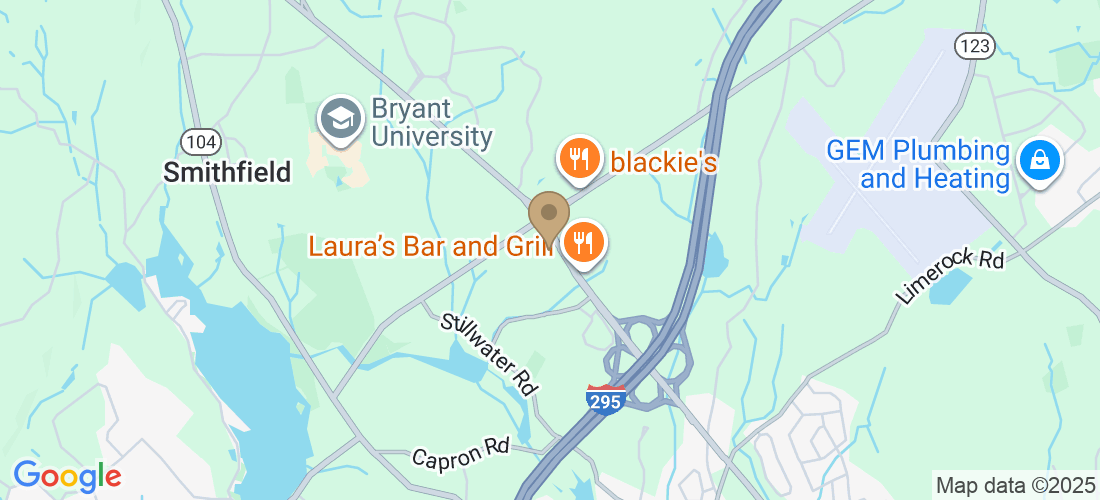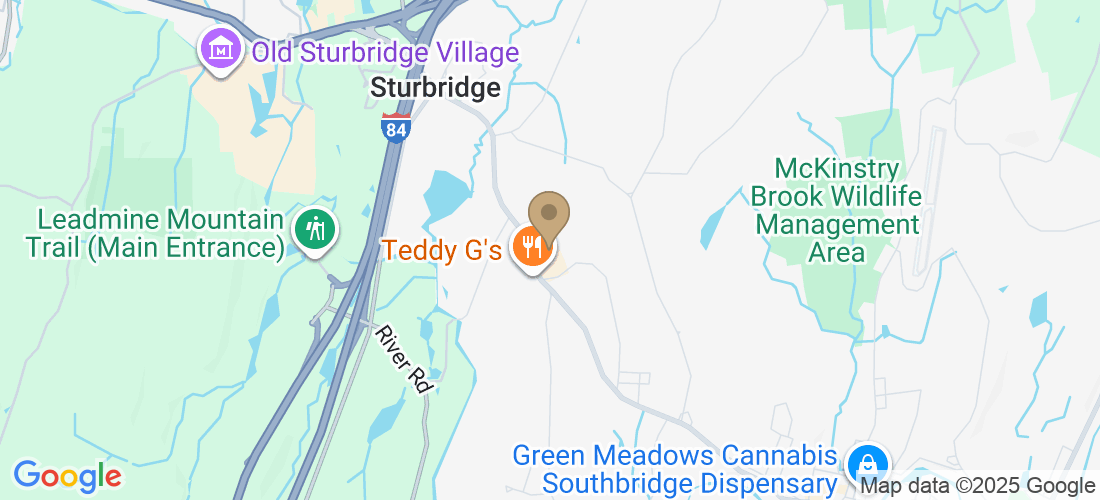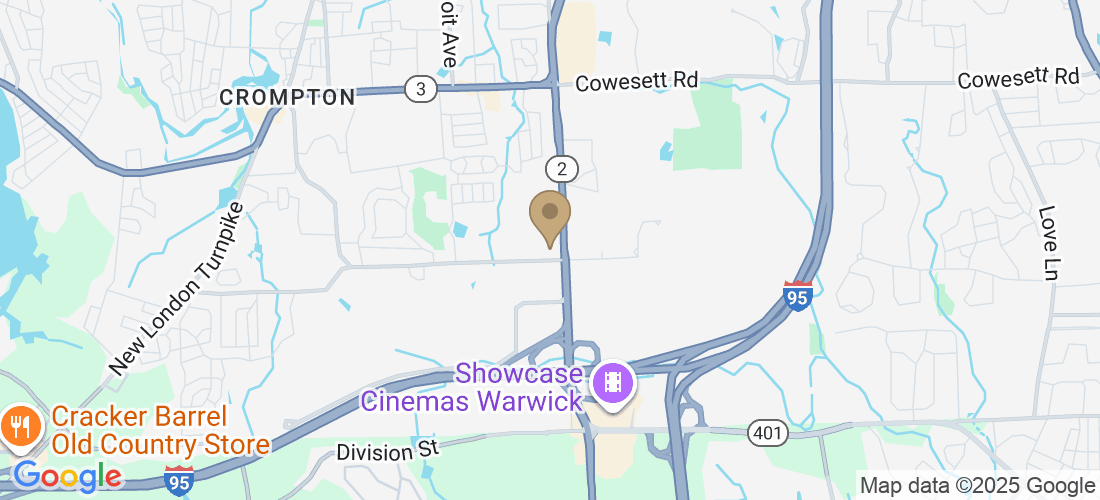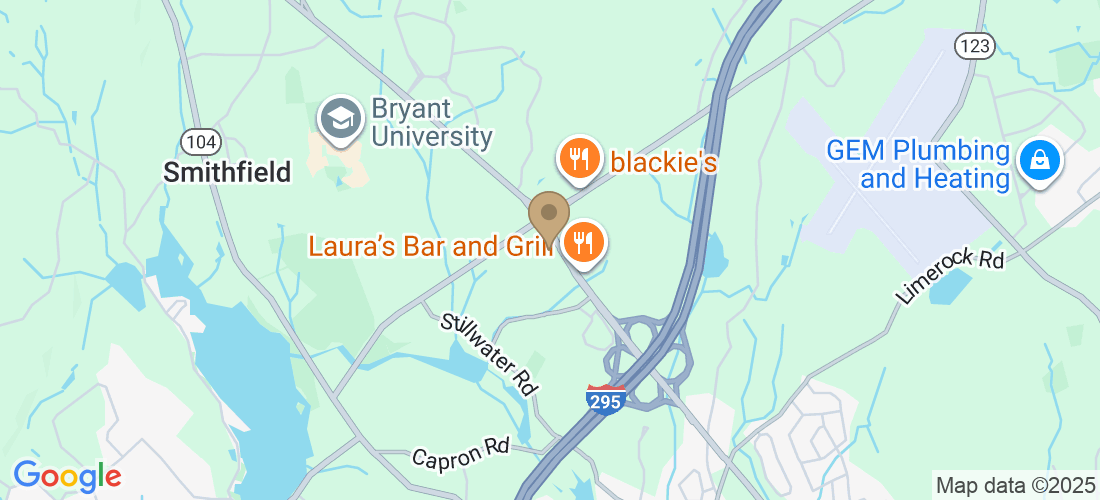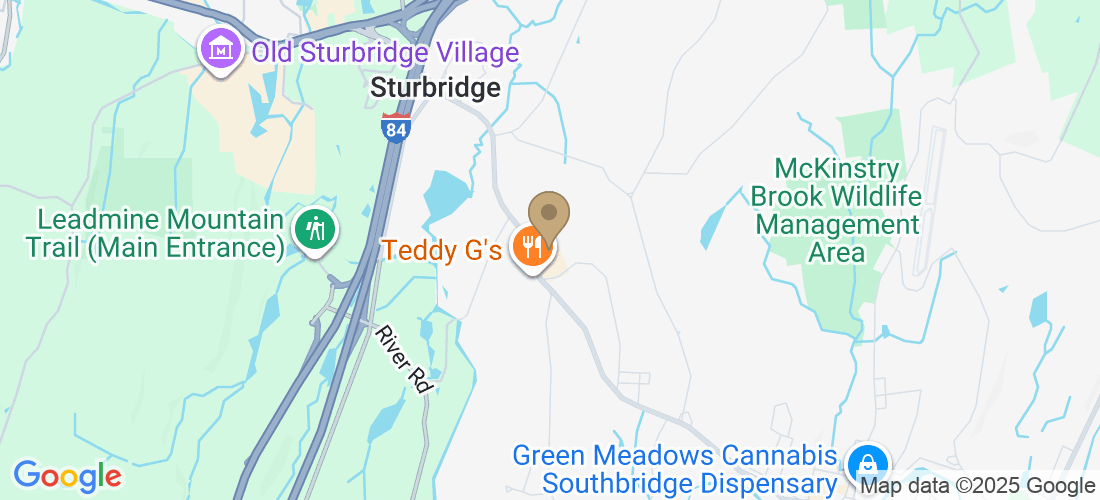Tequila Club
HISTORY
When we talk about tequila, we need to go back in time to the year 300. At that point, our Mexican ancestors were already making a naturally fermented beverage that we call “tepache”, (which, at the time, was made with the agave piña, some sugar cane and other ingredients; nowadays it’s made with pineapple, clove, anis, and piloncillo). In 1519, the Spaniards came to Mexico to conquer the land and secure its bountiful resources. When they arrived, they saw what the native people were making with the agave plant. The Spaniards then applied their knowledge of distillation to the native drink, and the production of tequila was begun.
Tequila Club
HISTORY
When we talk about tequila, we need to go back in time to the year 300. At that point, our Mexican ancestors were already making a naturally fermented beverage that we call “tepache”, (which, at the time, was made with the agave piña, some sugar cane and other ingredients; nowadays it’s made with pineapple, clove, anis, and piloncillo). In 1519, the Spaniards came to Mexico to conquer the land and secure its bountiful resources. When they arrived, they saw what the native people were making with the agave plant. The Spaniards then applied their knowledge of distillation to the native drink, and the production of tequila was begun.
Tequila Brands
TEQUILA WE CARRY
As part of a Tequila Club membership, you have the ability to rent your own locker and fill it with your favorite tequilas. Drink your favorite Tequila with friends, and let us share Tequila expertise.
Process
TEQUILA PRODUCTION

Extraction
Water pressure is applied on baked agave heads after they are mashed to extract the sweetness, and then squeezed in conveyor belts.
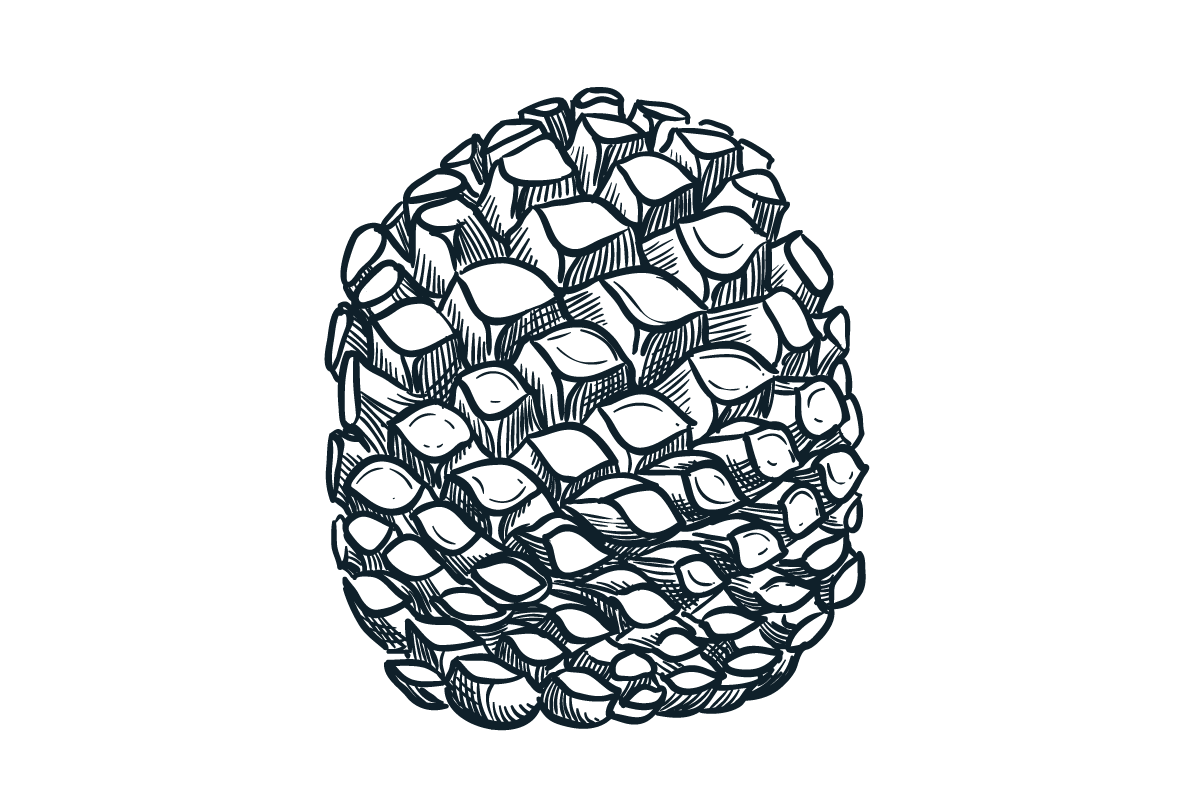
Baking
Baking of the agave core, or pińa, is done by water steam pressure, either in traditional masonry ovens or autoclaves.
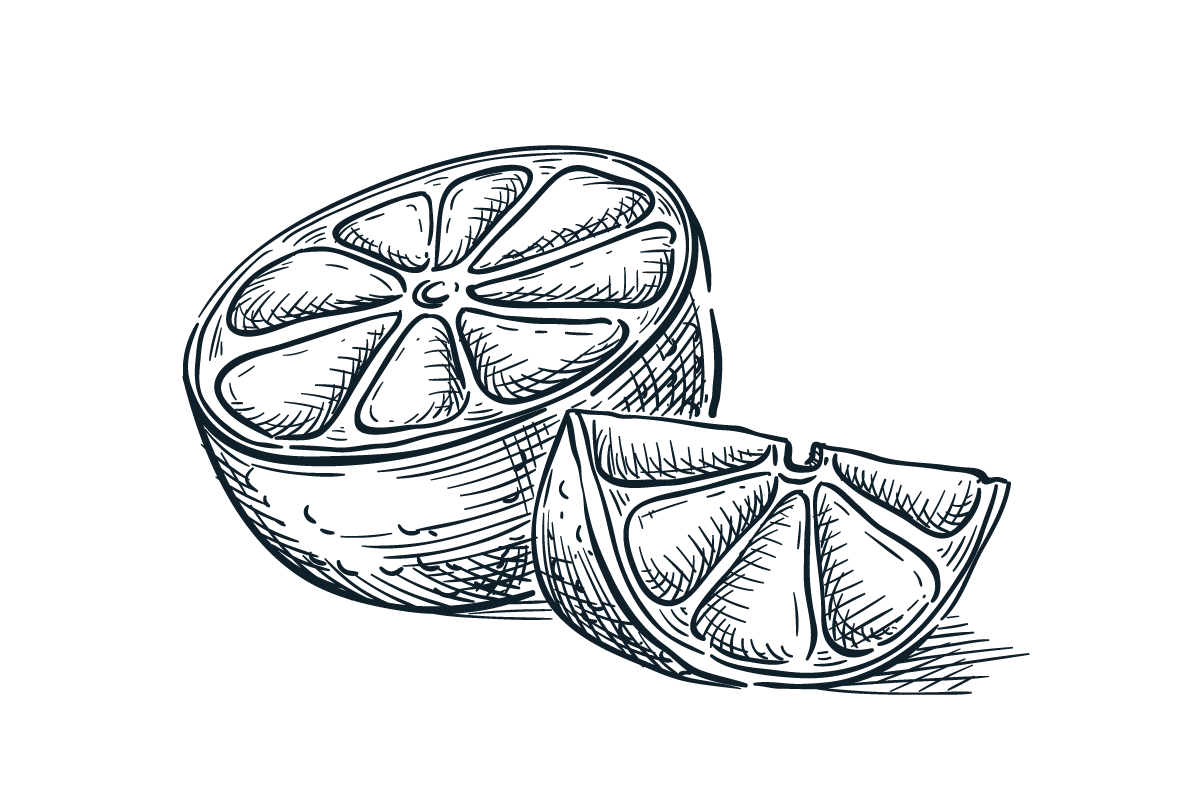
Distillation
Heat and pressure are applied, separating the enzymes in the alcohol content, which produces tequila and vinasse; the latter being a waste product.

Fermentation
Fermentation is one of the most important stages of the process. During this step, the sugars are transformed into ethyl alcohol.
Get In Touch

Get In Touch


Leon Restaurant Group
Our Brands

Condesa Restaurante Mexicano

Agave Social Cocina Mexicana

